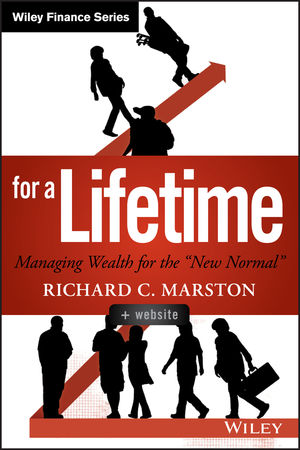
Good news for Americans: You are living longer.
The bad news: The longer life span doesn’t bode well for the corporate pension plans that are supposed to support workers into old age.
New mortality estimates released Monday by the nonprofit Society of Actuaries show the average 65-year-old U.S. woman is expected to live 88.8 years, up from 86.4 in 2000. Men age 65 are expected to live 86.6 years, up from 84.6 in 2000.
Source: The Wall Street Journal (10/28/14) by Dan Fitzpatrick

